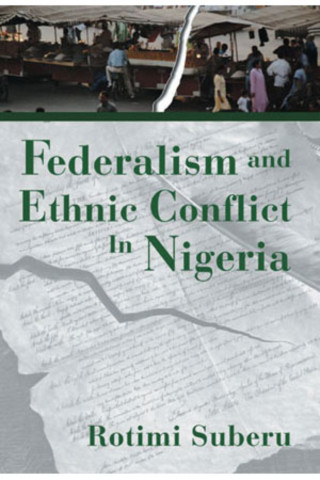Larry Diamond
Larry Diamond is a senior fellow at the Hoover Institution and at the Freeman Spogli Institute for International Studies (FSI) and a Bass University Fellow in Undergraduate Education at Stanford University. His is also professor by courtesy of Political Science and Sociology at Stanford. He leads the Hoover Institution’s programs on China’s Global Sharp Power and on Taiwan in the Indo-Pacific Region. At FSI, he leads the Program on Arab Reform and Democracy, based at the Center on Democracy, Development and the Rule of Law, which he directed for more than six years. He also co-leads with (Eileen Donahoe) the Global Digital Policy Incubator, based at FSI’s Cyber Policy Center. He is the founding coeditor of the Journal of Democracy and also serves as senior consultant at the International Forum for Democratic Studies of the National Endowment for Democracy. His research focuses on democratic trends and conditions around the world and on policies and reforms to defend and advance democracy. His latest edited book (with Orville Schell), China's Influence and American Interests (Hoover Press, 2019), urges a posture of constructive vigilance toward China’s global projection of “sharp power,” which it sees as a rising threat to democratic norms and institutions.
Author's Books
Nigeria is Africa’s most populous country; its citizens are perhaps the best educated on the continent. It is the world’s sixth-largest producer of oil. Nigeria also has probably the most elaborate system of government in the region. Yet the country teeters perilously close to massive civil upheaval.
In this compelling new work, Suberu examines the profound political contradictions that make up Nigeria, a nation whose leaders have constantly tinkered with a colonial federal legacy that sought to balance the country’s three major ethnic groups. He explores the evolution of Nigerian federalism through its various constitutional experiments and administrative redesigns, including those in the periods of military rule.
While acknowledging the genius of Nigerian federalism in trying to subdue ethnic and regional conflict, Suberu expertly analyzes the troubling flaws in a system that breeds corruption, prioritizes distribution over development, and encourages the country’s further political fragmentation.
In the book’s final chapter, Suberu outlines bold constitutional reforms that seek to promote institutional innovation in Nigerian federalism to keep pace with the country’s growing demographic and ethnopolitical complexity.

